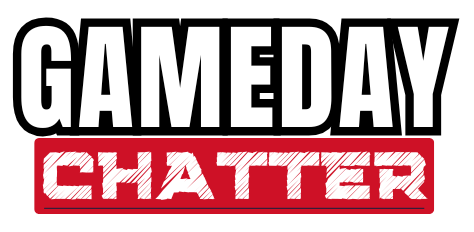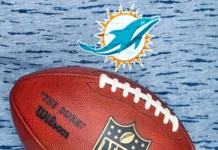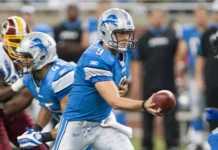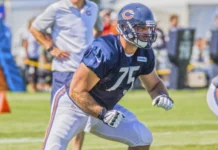
Every year, millions of Americans gather around television sets, host potluck-style parties, and cheer on the two teams that made it to the big game. That day is known as Super Bowl Sunday, the annual championship game of the National Football League (NFL).
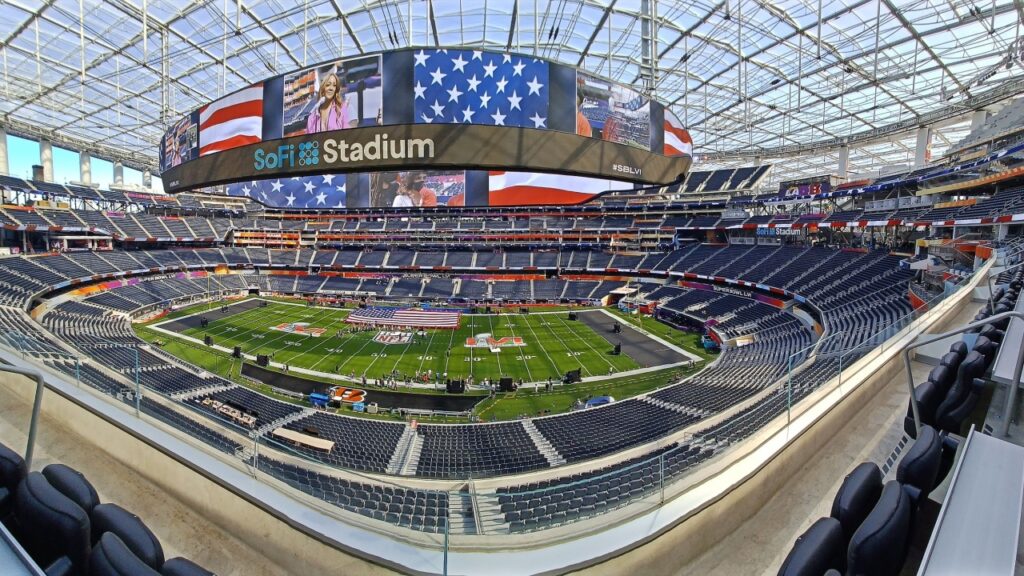
Over time, what began as a sports contest between the league’s top teams has grown into a cultural event that feels like a national holiday, even though it isn’t officially one. In this article, we’ll explore how the Super Bowl became such a big deal in American life: its origins, how traditions developed, and why many consider it a holiday in its own right.
How the Game Began and Grew
The story of the Super Bowl starts in the 1960s, when the NFL and its rival, the American Football League (AFL), agreed to merge. That deal included a new championship game between the two leagues’ champions. The first such game was held on January 15, 1967.
Lamar Hunt, owner of the Kansas City Chiefs and founder of the AFL, is widely credited with coining the term “Super Bowl.” He said the name came from his child’s toy, a “Super Ball.” The name stuck, and the game became the championship for the newly merged NFL.
In its early days, the Super Bowl was interesting but was still building its fan base. Over time, it gained more spectators, more media attention, and larger budgets for advertising. Because it drew such big TV audiences, the Super Bowl became not just a sports contest but a cultural event.
By the late 20th and early 21st centuries, the Super Bowl was routinely one of the most-watched television events in the United States. It became a “must-see” occasion even for people who didn’t normally follow football.

Traditions, Food, Parties, Making It a Holiday
One reason the Super Bowl feels like a holiday is the widespread traditions that surround it.
Parties and Gatherings
Super Bowl Sunday has become a day when many people host or attend parties. These gatherings often include friends, family, snacks, drinks, and a “game-watching” atmosphere. Even those who aren’t big football fans often show up just for the social fun.
Media coverage begins hours before kickoff, with pre-game shows, interviews, and highlights of past games, creating a build-up similar to that of a major holiday event.
Food and Consumption
The food traditions around Super Bowl Sunday are massive. It is widely reported as the second-largest food-consumption day in the U.S., after Thanksgiving, based on various food-industry measures.
People eat huge amounts of chicken wings, chips, pizza, guacamole, and other snack foods. That kind of feasting is a hallmark of many holiday traditions, and the Super Bowl has borrowed heavily from those patterns, food, festive gathering, and celebration.
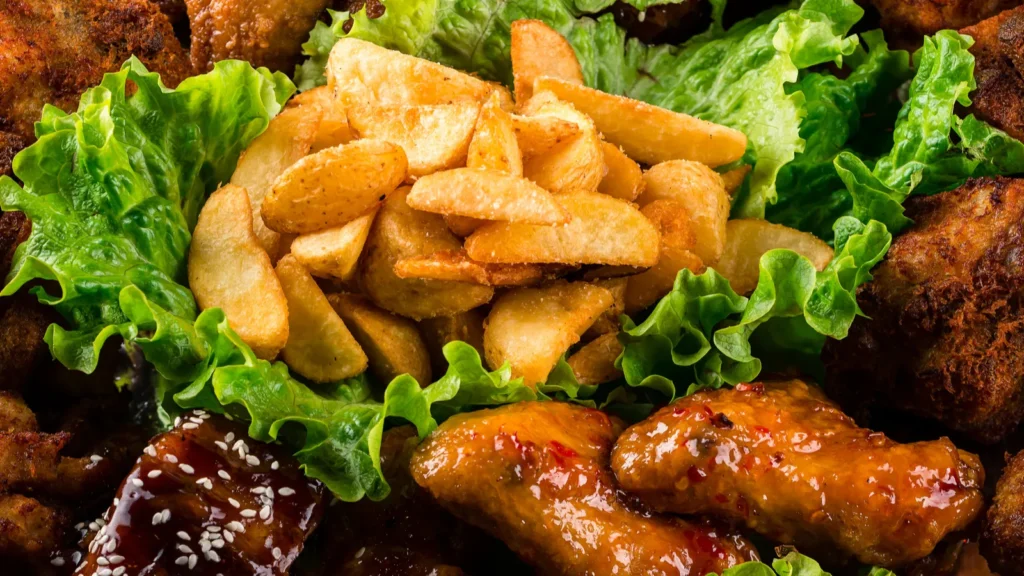
Media, Advertising and Spectacle
Another key factor is spectacle. The Super Bowl features a high-energy halftime show with major music stars, big-budget TV commercials that can cost millions of dollars for a 30-second spot, and patriotic pageantry depending on the year.
Because of the huge audience, advertisers treat the game like a holiday: they spend big, launch new campaigns, and many viewers tune in just for the commercials. Those ads have become a tradition of their own.
National Rituals
While it’s not an official holiday, there’s no federal day off, many businesses and communities behave as though it is. Offices may have fewer staff working during the game, stores often go quiet, and some churches hold Super Bowl–themed gatherings instead of regular services.
Through parties, food traditions, media rituals, and its annual timing, the Super Bowl has built many of the same features that define a holiday.
Why It Matters: Culture, Identity, and Economy
Understanding why the Super Bowl feels like a holiday means looking at its deeper cultural, social, and economic roles.
Cultural Identity and Inclusion
The Super Bowl acts as a shared national event. People from all backgrounds, ages, and states can take part in it. Even if you don’t care about football, you might watch the commercials, enjoy the halftime show, or go to a party. That shared experience gives it a national holiday atmosphere.
Some scholars describe the Super Bowl as a cultural ritual that reinforces national belonging, a moment when people come together, even if their interest in football is just for fun.
Consumer Economy and Commercialism
From the beginning, the Super Bowl was closely tied to commercial interests: television networks, advertising revenue, sponsorships, and merchandising. It’s been called “the first holiday created solely by conspicuous consumption.”
Every year, the event drives huge spikes in food and snack sales, advertising costs, and brand promotions. Hosting the Super Bowl also has major economic effects for cities, which often invest heavily to attract the game and its visitors.
Media Event and Shared Time
A big part of what makes any holiday special is that people experience it together at the same time. The Super Bowl fits that perfectly: it’s broadcast nationwide, millions watch simultaneously, and the whole afternoon or evening becomes centered around the game.
Analysts note that the Super Bowl is about more than just the sport, it’s about the ritual, the celebration, and the shared national experience that surrounds it.
Reflecting America
The Super Bowl reflects core themes of American life: patriotism, spectacle, consumerism, and community. It’s a lens through which to view how Americans celebrate, connect, and identify. As one writer put it, everything you need to know about American culture can be found at a Super Bowl party.
Frequently Asked Questions
Q1: Is Super Bowl Sunday a federal holiday?
No. The day of the Super Bowl is not an official U.S. federal holiday. Schools, workplaces, and government offices remain open.
Q2: Why is the Super Bowl played on Sunday?
The NFL has traditionally held its games on Sundays, a schedule that began long before the Super Bowl era. Because Sunday is already football’s prime day for TV audiences, the tradition became known as “Super Bowl Sunday.”
Q3: When did Super Bowl Sunday start becoming a big-deal celebration?
While the first games in the late 1960s were important, the transformation into a massive media and social event really took shape in the 1980s and 1990s as television viewership and advertising grew. The modern halftime show, popularized in the 1990s, helped make it a national spectacle.
Q4: What kinds of foods are traditional for Super Bowl parties?
Popular foods include chicken wings, chips, pizza, dips like guacamole, ribs, and snack nuts. Most gatherings are buffet-style, emphasizing casual and shareable foods.
Q5: Does the Super Bowl have any political or religious meaning?
Not officially. The game is secular, but because of its large audience and rituals, some observers compare it to national or even religious ceremonies in terms of shared emotion and participation.
Q6: Why do some people call it a holiday?
Because it checks many of the same boxes, shared national time, special foods, parties, traditions, and a break from normal routines. Even without federal recognition, many Americans treat it like one.
Q7: What about people who don’t like football, do they still participate?
Yes. Many people who aren’t football fans still watch the commercials, halftime show, or attend Super Bowl parties. The event’s broad appeal makes it much more than a sports game.
Conclusion
- Over the decades, the Super Bowl has evolved from a simple championship game into a major national ritual.
- It’s now seen as a cultural event, and for many Americans, it feels like a holiday, even if it’s not officially recognized.
- The game brings people together through gatherings, classic foods, huge media coverage, and a shared social experience.
- The Super Bowl highlights key parts of American culture: a passion for sports, the power of television, a sense of community, and a love for spectacle and celebration.
- When people prepare for Super Bowl Sunday, it’s more than just about football, it’s a nationwide moment of unity, excitement, and celebration.
Read More
- How the NFL Keeps Fans Hooked Every Year
- How Jackie Robinson Changed American Sports Forever
- Greatest Super Bowl Moments That Shaped Football History
This article was made with AI assistance and human editing.
